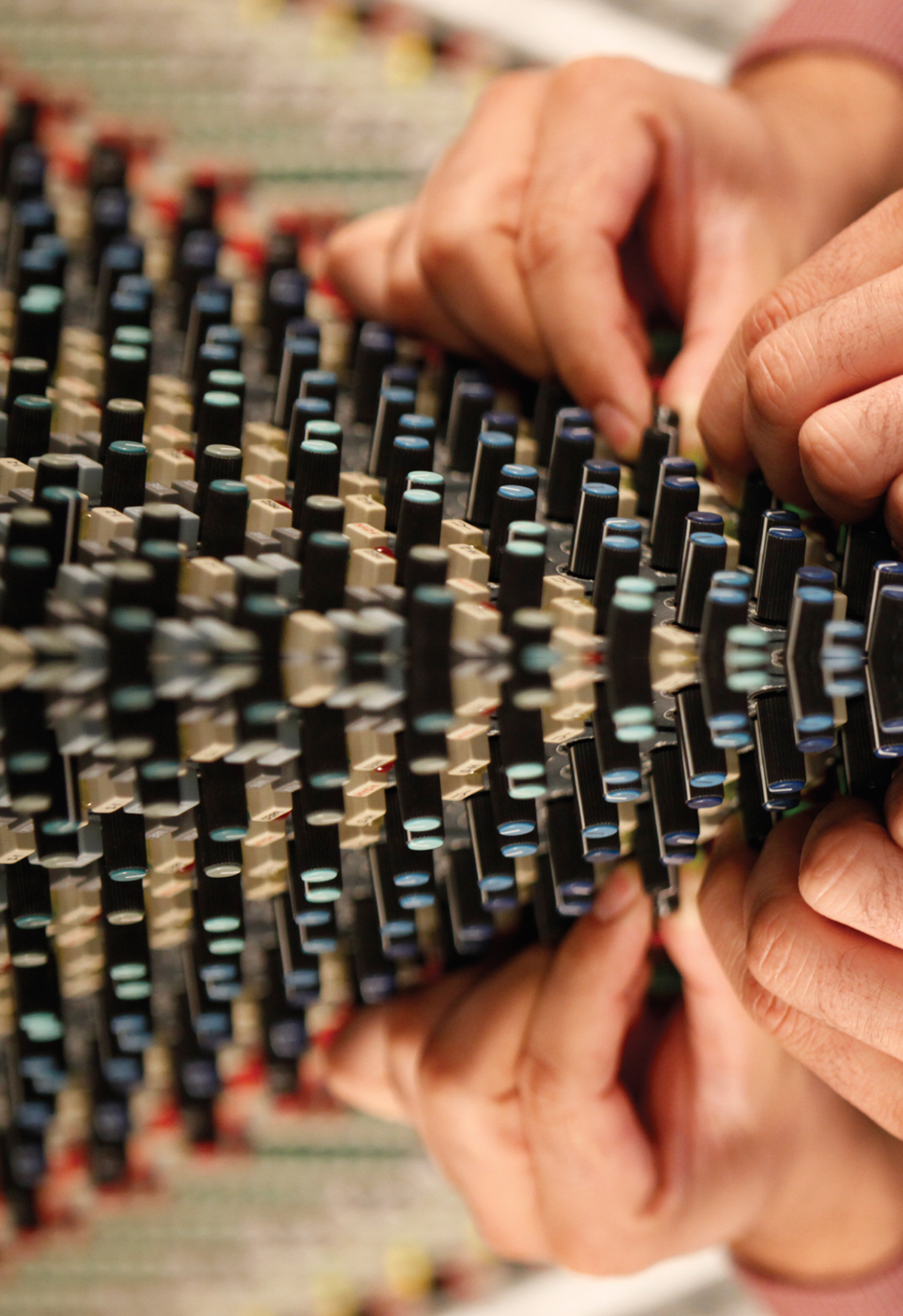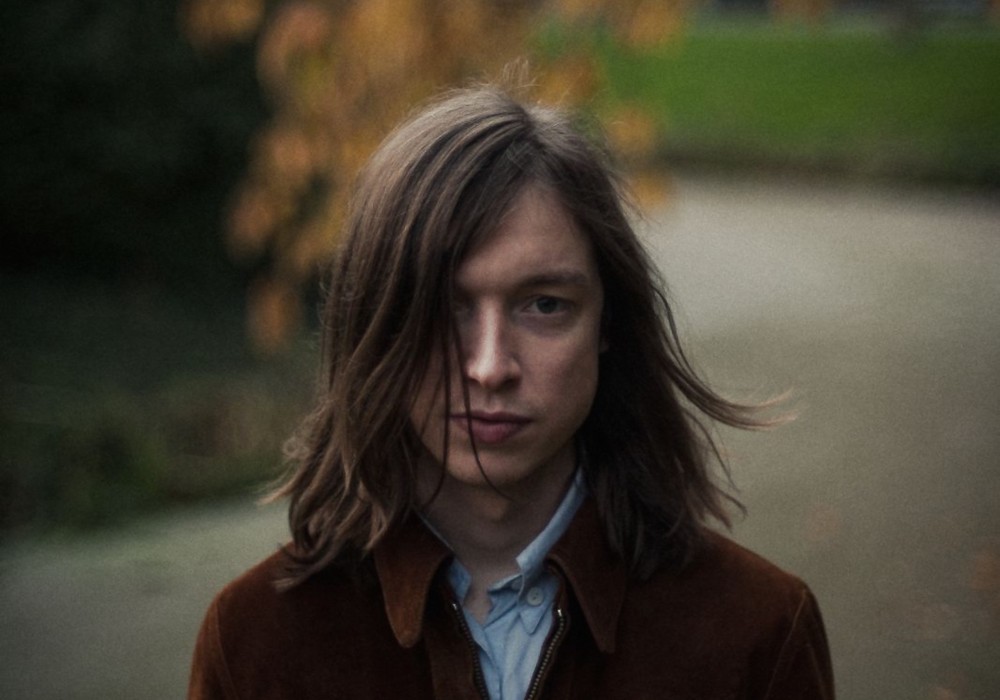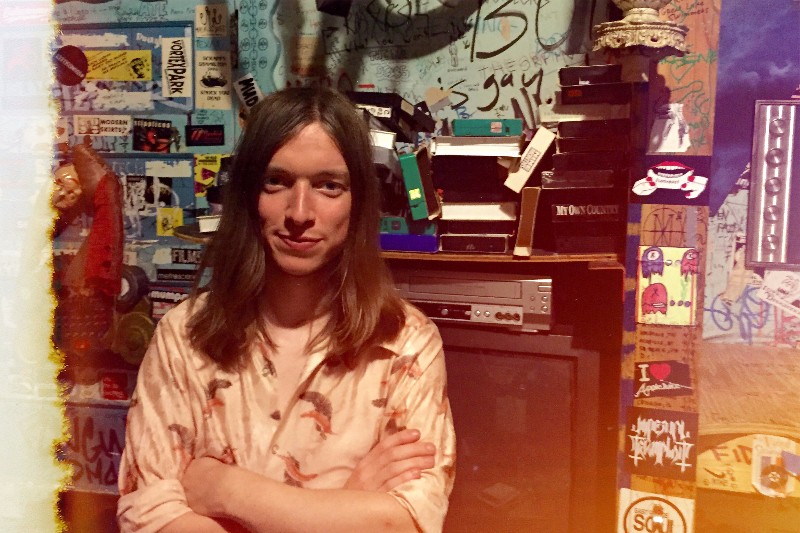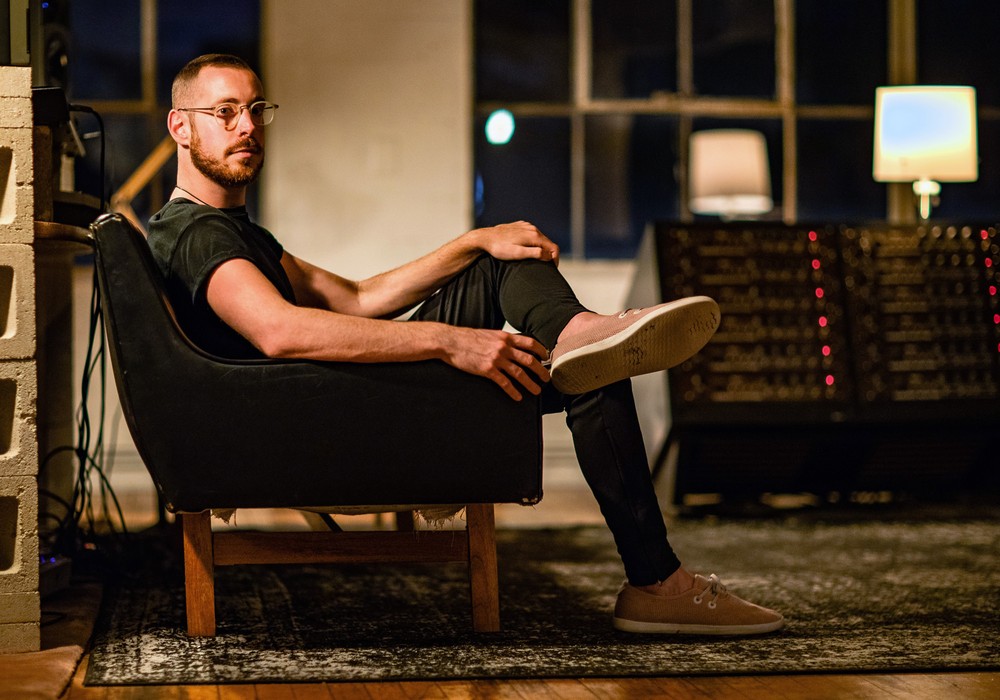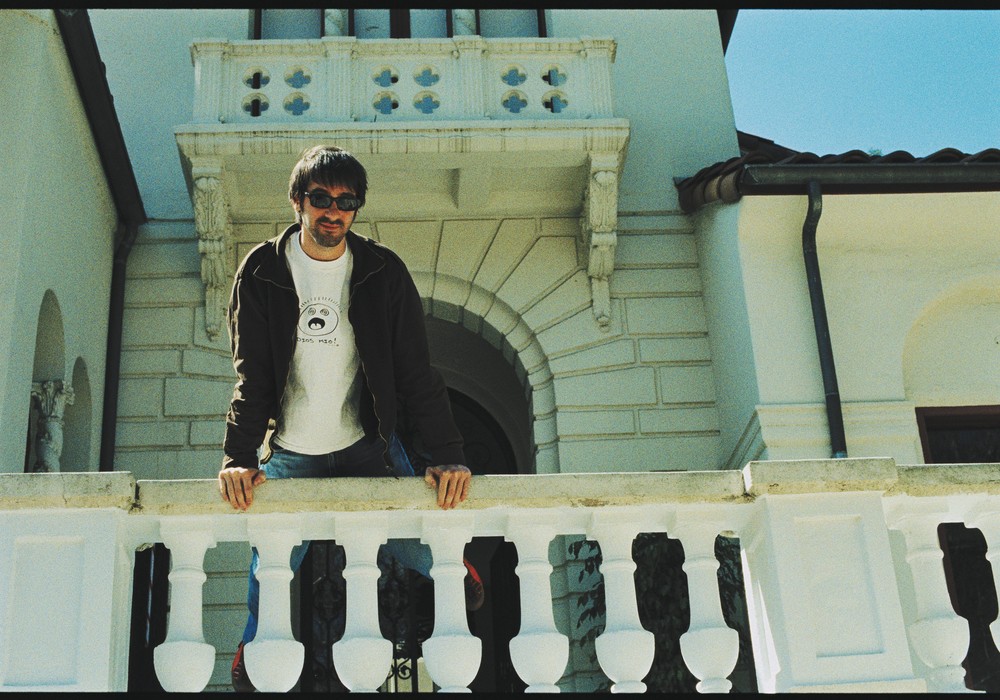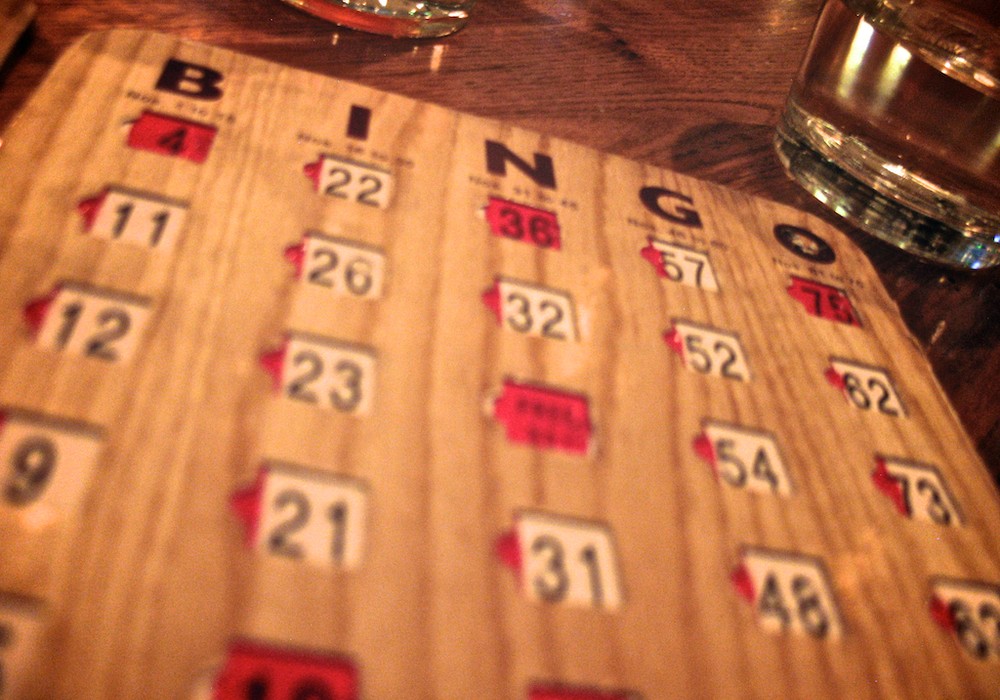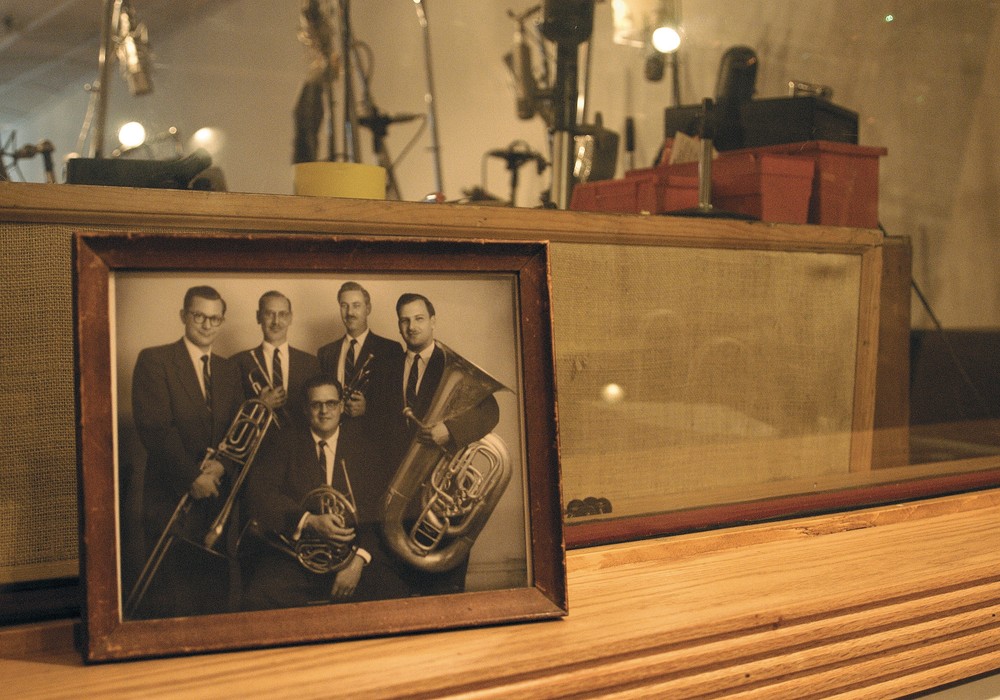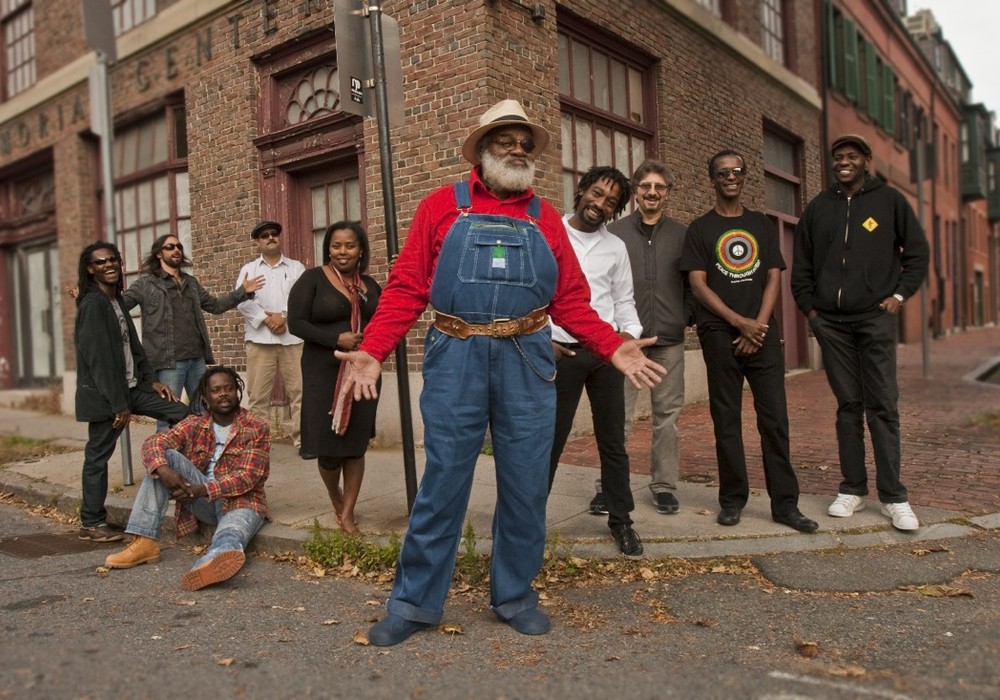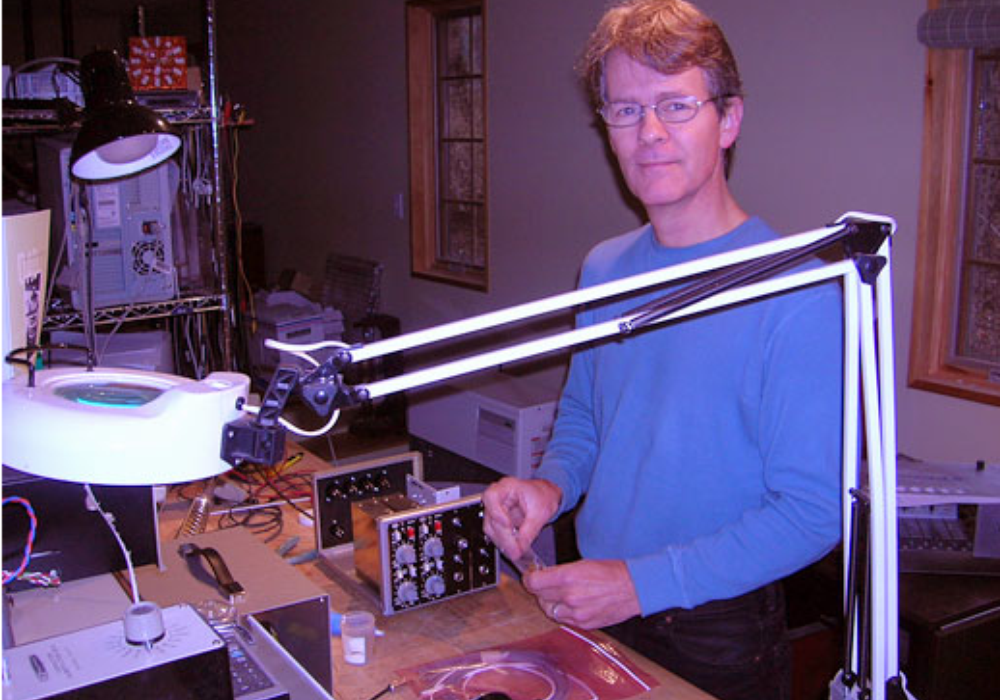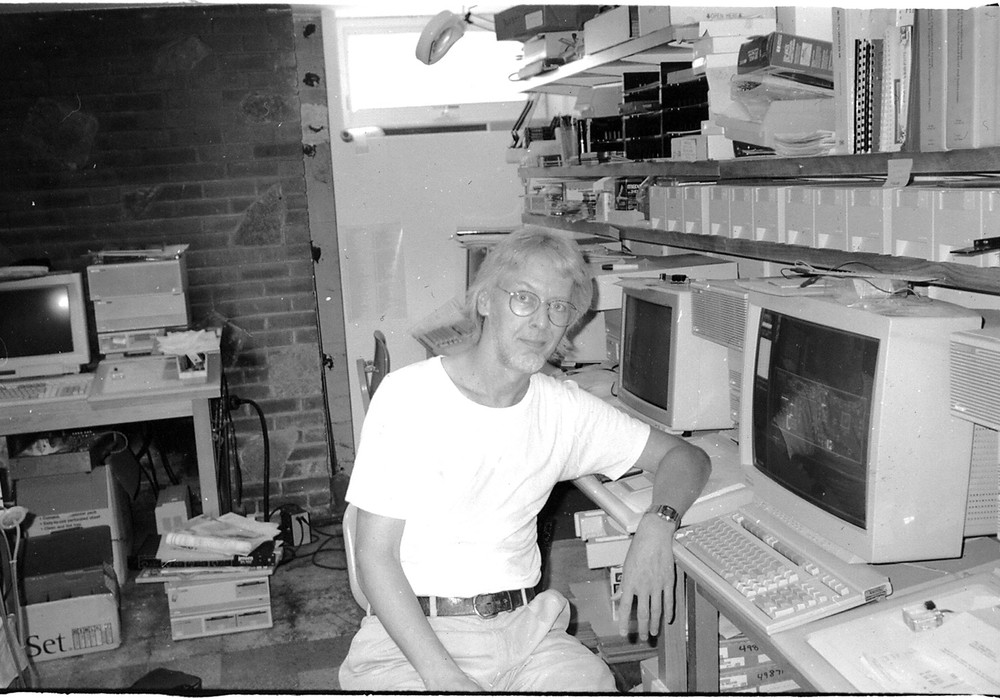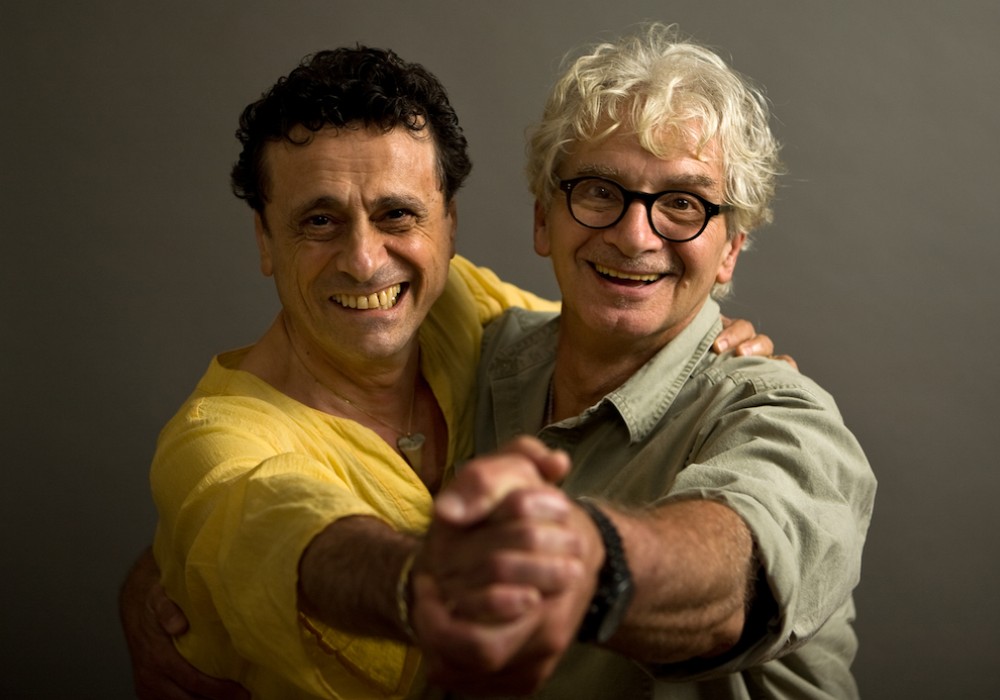Jacco Gardner is a Dutch multi-instrumentalist who writes, produces and records in his own Shadow Shoppe Studio in Zwaag, The Netherlands. He has a fondness for vintage instrumentation and tones combined with modern studio techniques, and with this mélange he crafts his unique sound. His 2013 debut, Cabinet of Curiosities, and 2015 follow up, Hypnophobia, are cinematic, yet intimate listening experiences, and give one the feeling of a journey into a dream. Jacco took time to discuss his creative process with me backstage before his 2015 set at The EARL in Atlanta.
Is there a thread or purpose connecting your earliest songs to what you are doing now?
Before music I was into painting and drawing. I was always a dreamer and into surrealistic stuff. I guess that's still the case. I got into music and recording when I discovered Syd Barrett, when I was around 15. His music, and psychedelic music from the '60s, where studio technology was for the first time used for things that did not sound like real sounds, but to add something to the sound — that was my eye opener into starting to make that kind of music and work that way as a producer as well.
How does your songwriting journey start?
It's mostly a feeling, or something that inspires me; like a certain chord progression that feels like it belongs somewhere and I can't think of anything it belongs to. This gives me the feeling I should keep working on it until I put it where it belongs. Other times I change my approach. For instance, I make little challenges for myself, like doing a track that is eight minutes long, leaning less on the compositional part and more on the sounds and layering to make it sound exciting.
What influence does being a multi-instrumentalist have on your songwriting?
I've surrounded myself in the studio with instruments that are all in a certain palette of sound that appeals to me. When I write with an instrument that I don't play a lot, like a Wurlitzer or a Clavinet, I don't play it the way I hear most people play. I like playing classical things and movie soundtrack things on those instruments, to I see if can make those approaches sound good. Working with those instruments in this way inspires me and songs come out of that. I do need certain things to write, like a good guitar sound. I bought a '60s Harmony [guitar] two years ago in Seattle that I love playing and writing on. I more recently got an old Steinway upright piano that I write on. It helps to have a nice instrument that sounds good, but sometimes something that doesn't sound good can be inspiring in its imperfections. It's always interesting to try a song structure you wrote on guitar and then play it on piano to see what happens. Sometimes something feels totally normal on guitar and then on keyboards it sounds totally "out there." You see more possibilities when you see the keyboard and I constantly make little changes to improve things. So, shifting from one instrument to another definitely works well for me.
You performed all instruments and vocals on Cabinet of Curiosities and Hypnophobia, sans the drums. Did you have help engineering your takes, or is recording a solitary process for you?
Yes, it's mostly like that [solitary], except for the drums, that I don't play myself. I direct that process. I do record myself, and I am either satisfied with a take or not, and I redo it until I'm happy. I have had it where I would find out a take wasn't good enough after an hour mixing on it, then I'd think, "I better get it right in the beginning to avoid more time wasted later!"
Do you arrange during the songwriting process, or do you leave arranging to experimentation in the studio?
For me, writing, arranging and producing songs feels like the same thing. Arranging something definitely depends on the way that it sounds. Sometimes I can hear what a song needs if something sounds like it's missing. Also, shifting around with effects like delay and reverb can open up spaces where other instruments can be introduced.
Listening to your music, I get the impression you utilize the studio almost like an instrument. Do you find some of your equipment is crucial to achieving the sound you hear in your head?
Definitely! For instance, the tape machines and tape echo I use, I change the pitch with my hands while the tapes are playing, just like the whammy bar on a guitar, basically. That in itself is already a very a studio technological way of composing or changing the sound. Also, I've been working with the MS-20 Mini synthesizer that Korg put out a couple years ago, and that one is interesting because it can receive MIDI data through USB, but it's still completely analog. So, I can play something first, then record the MIDI without re-recording the audio, and play it back with both hands free to twist knobs to shape the sound, which is the dream of every '70s synth god! It's kind of a modern approach to a vintage sound, but it's very enjoyable for me to be able to work that way, to have a hands-on approach with gear and use it in a musical way.
You're a keyboardist first, then?
My first instrument was clarinet, actually. I learned bass guitar and guitar around the same time, and then I added keyboards because the band I was in needed keyboards. Then all these other instruments got added. If someone asked me now, "What instrument would you choose as your main instrument?" it's always an impossible question, because I love all instruments equally. I guess if I had to single out one or two, I would say I love playing bass a lot, but immediately when I say that I feel limited because I love experimenting with technology and the limitless sounds that are behind those keyboard and synth sounds. But when I do that I miss that experience I have when I play bass. I can always find my way with synths, bass, and guitar for what I need to write on, at least.
You mentioned utilizing tape. Is it your go-to medium, or are you combining analog and digital?
My recording is digital based. I work in Logic, but I process everything through several tape machines and rearrange it in Logic. So, I get the editing possibility [digital] and the tone, compression and saturation of it [tape]... And that pitch element I can change with my own hands, I think that's important for the sound that I want to achieve. It's more difficult if you do that all analog because things get out of synch and it would be impossible to rearrange!
Regardless of the media platform, do prefer the analog process, or the non-linear digital process?
I prefer having it as perfect as I can when recording, but I always end up editing. Some songs I end up doing nothing and they are completely live, and other songs are completely edited because it's needed for what I want to achieve with it. I don't really have a go-to way I guess. I do really like the visual quality of working with a screen. I don't have the experience of not working with a screen, which might be even more amazing because you close your eyes and focus on the sound. I still focus on the sound, but I wonder if I would focus more on the sound if I would do it that way, and I'd like to do that in the future.
I've been dying to ask you how you get your tones! The bass in particular stands out.
Sure! The bass, it's funny — it's never an amp, it's always direct. I guess when I heard Air, I really liked that DI bass sound, that very close, warm sound. It's also the basses I have that are a huge influence on it. I have a violin bass and an Egmond middle scale bass that was sold in Holland around '68. That sound in itself is already almost exactly what I want. I don't have to do that much to it. I feed it through some preamps. I love to use the preamp on the Dynacord Echocord Mini. It's an echo unit but the preamps are like compressors and EQs in one and they color the sound nicely. I use that for the drums a lot as well. One mic that I use on almost everything is the Sennheiser MD 421. I have several from the '60s and '70s and those can sound the same. I love using those on all my vocals and acoustic guitars. All acoustic instruments are really nice with that mic.
There has been much written about your music being evocative of a time. Have you found it difficult to stay true to your own vision without worrying about the inherent categorization that comes with publicity?
I'm very removed from happening music scenes. Especially for the first album, I was completely in my own world and didn't even know that psychedelic music was making a comeback. Then I released that album [Cabinet of Curiosities] on the label Trouble in Mind. When I discovered Trouble in Mind it was the first time I found a non-revivalist movement for happening bands that were doing a similar thing... And festivals like Austin Psych Fest — those two things were my first signs that I was doing something that more people like. After two years of almost continuous touring it's hard to keep my music completely removed from that while being in that world constantly. But I try to keep it true to myself. I think the second record has more of an adventurous character to it, and explores things I didn't explore before. That is also to do with all the touring I've done. The sense of exploration comes from seeing so many different places I have never heard of. I guess that's what makes it authentic. I just feel I connect on a personal level very much to that kind of music from that time.
Would you like to share your artistic vision?
It's hard to explain my vision in words because it's just the music I make and I express myself. I guess my vision is whatever is going on in my head and it comes out through the music I make. I do notice a lot of music has a different focus on elements like dancing or lyrics, and I often wonder if I should change my focus, too. It's impossible to be aware of everything. My music is shaped because of that feeling of being in my own world.
What do you currently enjoy most about your life as a music artist?
I was just a studio artist who could play these instruments I had around and built these songs from, and that was me. That was my life. And then it changed into performing a whole year long and I wasn't a super-experienced performer. Also I switched to guitar all of a sudden, which I never performed on. So, I still feel really new to these live situation things, which makes me feel like I'm more comfortable in the studio, and I'm longing to get back into the studio. But I do love a lot of elements about touring that I don't think I would be able to live without, especially the travelling and the feeling of seeing something different everyday that you've never seen before. Everything that happens — anything that's weird or unusual — feels normal after awhile. It's important to me that I'm able to enrich myself or learn from these experiences that I have and that I'm not just in one studio or one place all the time, learning only through the internet, but from real experiences. But I want to tour less and be in the studio more, because it's hard to experiment when I'm on the road this much.
